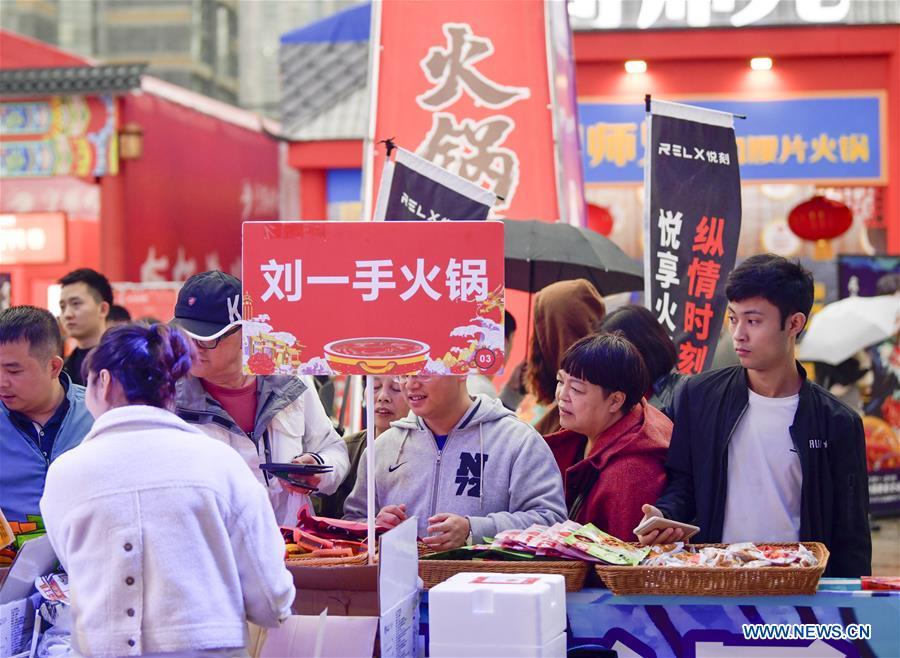BEIJING, Aug. 11 (Xinhua) -- Statistics from Chongqing Xiyong Customs showed, from January to July this year, 43 batches of self-heating hot pot products, with a value of more than 600,000 yuan (around 83,000 U.S.dollars) were exported, an increase of 244 percent year on year, while export destinations cover Cambodia, Thailand and other Southeast Asian countries.
Industry insiders attribute the popularity of self-heating hot pot to its convenience, noting that it not only retains the taste of food to a large extent, but also facilitates eating. In recent years, the categories of self-heating products in China's domestic market have gradually enriched.
While as an export commodity, self-heating hot pot has its own particularities, Liu Jiayan, deputy director of Xiyong Customs, said that self-heating hot pot package contains a critical component that releases a flammable gas when it comes in contact with water, and it is necessary to apply for the identification of the packaging and use of outbound dangerous goods before exporting. Besides, as a pre-packaged food, it also needs to apply for export food inspection and quarantine.
Demand in overseas markets of self-heating hot pot is increasing, and since 2023, the export quantity and value of the company's self-heating hot pot products have grown significantly, and it is expected that the export value of the whole year of 2023 will reach more than 1.5 million yuan, more than seven times that of the previous year, said Shen Shuangfeng, production manager of Chongqing Simida Food Co., Ltd, a local food company.
(Edited by Bao Nuomin with Xinhua Silk Road, baonuomin@xinhua.org)




 A single purchase
A single purchase









